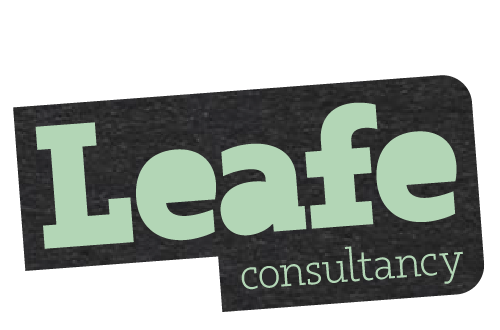Location, location, location
The following blog is made up of the best bits of editorial, articles and blogs that I’ve come across in my 38 years of working life, 30 of which I spent as my own boss at a very successful Creative Agency.
I thank all those that have inspired me to make (and write!) my own observations on these subjects. I now want to switch my focus to helping the next generation find the success that I did, and hopefully avoid a few of the pitfalls I didn’t!
I once listened to a Radio Four programme some years ago about the changing nature of education and the skills needed to carry with you into the future. They argued that for years, education has focussed on creating and enhancing knowledge, and on an expectation that you’d then be able to demonstrate this knowledge in an exam.
Whilst there’s no doubt that this is still very important, the World has significantly moved on from being focussed solely on memorising information - and a new skill is required. This is the ability to locate information quickly, and then interpret and use it correctly.
Since the late 1990s the internet has been ubiquitous. That’s because it holds the World’s collective memory. If a piece of information has ever existed, you’ll find it on the worldwide web. This, however, has been and is a system which poses a number of issues - and there’s one which stands out in particular.
Fake News! There is a great deal of false information out there, alongside and sometimes mixed in with that which is factual. Ultimately, anyone can add information to the internet through websites, social networking, blogging or commenting.
So, this ‘new skill’ comes in two parts. The first is the ability to rapidly locate the information you need. The second, and somewhat more important part, is to work out if that information is at best correct, or at worst, opinionated or false.
Sadly, humans have a tendency to find information that backs up their set of beliefs. This is known as confirmation bias, and it’s really not hard to find on the internet. It can be potentially ruinous. Prior to the internet, experts (who had studied long and hard to gain their expertise), gave their verdicts and generally people would follow their advice. Now, it’s possible for a non-expert (who is particularly opinionated) to express the opposite and gain massive traction.
This can be explained by a phenomenon, that was identified in a study as the Dunning-Kruger effect, which observes that people with a poorer skill base overestimate their competence in a particular field, whilst those with a greater level of skill knew their limitations. This is something which can be seen in the everyday world around us.
We can spot this at work in Lazy Journalism. Whilst it used to be written by time-served, experienced writers, it is now somewhat dumbed down by the voracious appetite for content on the internet and the hundreds of thousands of news channels, giving often unqualified and very opinionated people a platform, allowing them to write what they personally believe and pass it off as pucker journalism.
But it’s not all bad. Cut through the false news, the so-called ‘expert’ opinions and you’ll discover a wealth of knowledge at your fingertips which will not only enhance you, but also your knowledge of the World around you.
